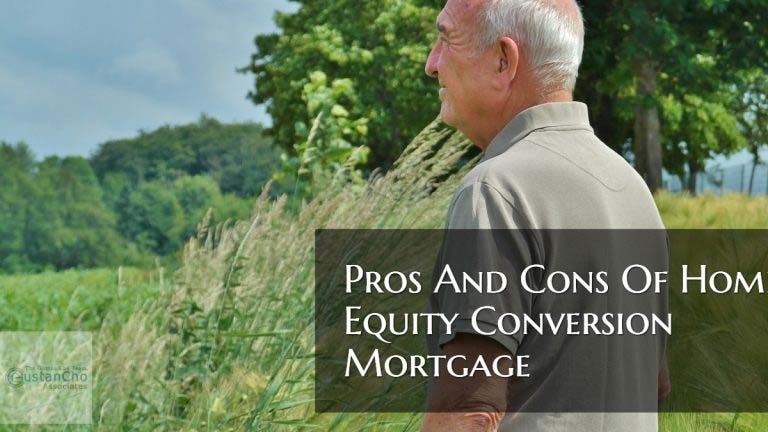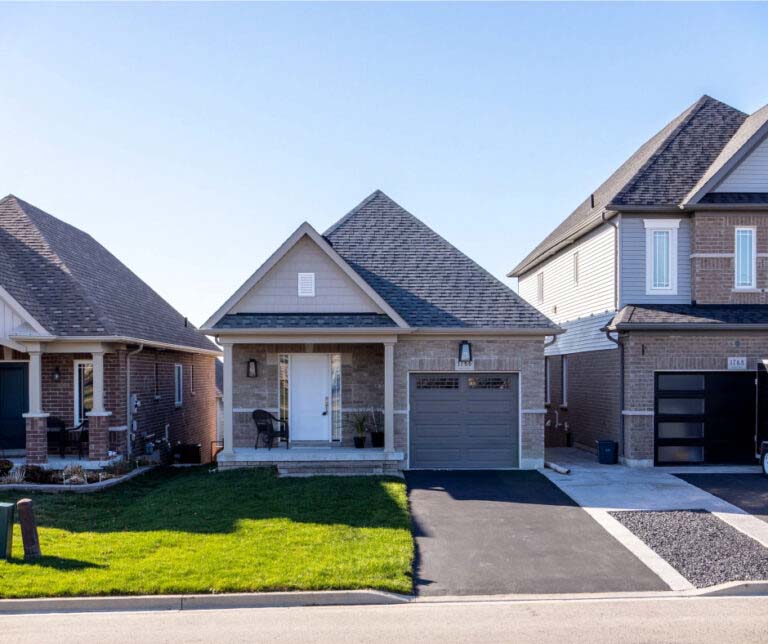FHA Reverse Mortgages For Senior Homeowners
In this blog, we will discuss and cover FHA reverse mortgages for senior homeowners. Homeowners who are 62 years old…
Call or Text: (800) 900-8569
Email Us: alex@gustancho.com

In this blog, we will discuss and cover FHA reverse mortgages for senior homeowners. Homeowners who are 62 years old…

This guide covers the pros and cons of home equity conversion mortgage. There are the pros and cons of home…

In this blog, we will cover the mortgage due-on-sale clause when you inherit a house with a lien. If you…